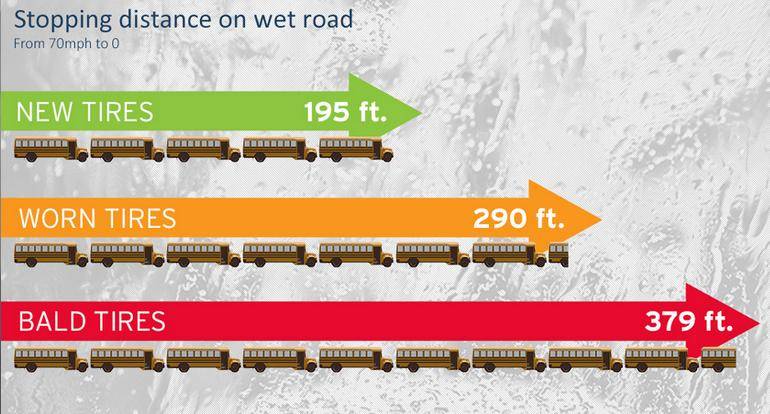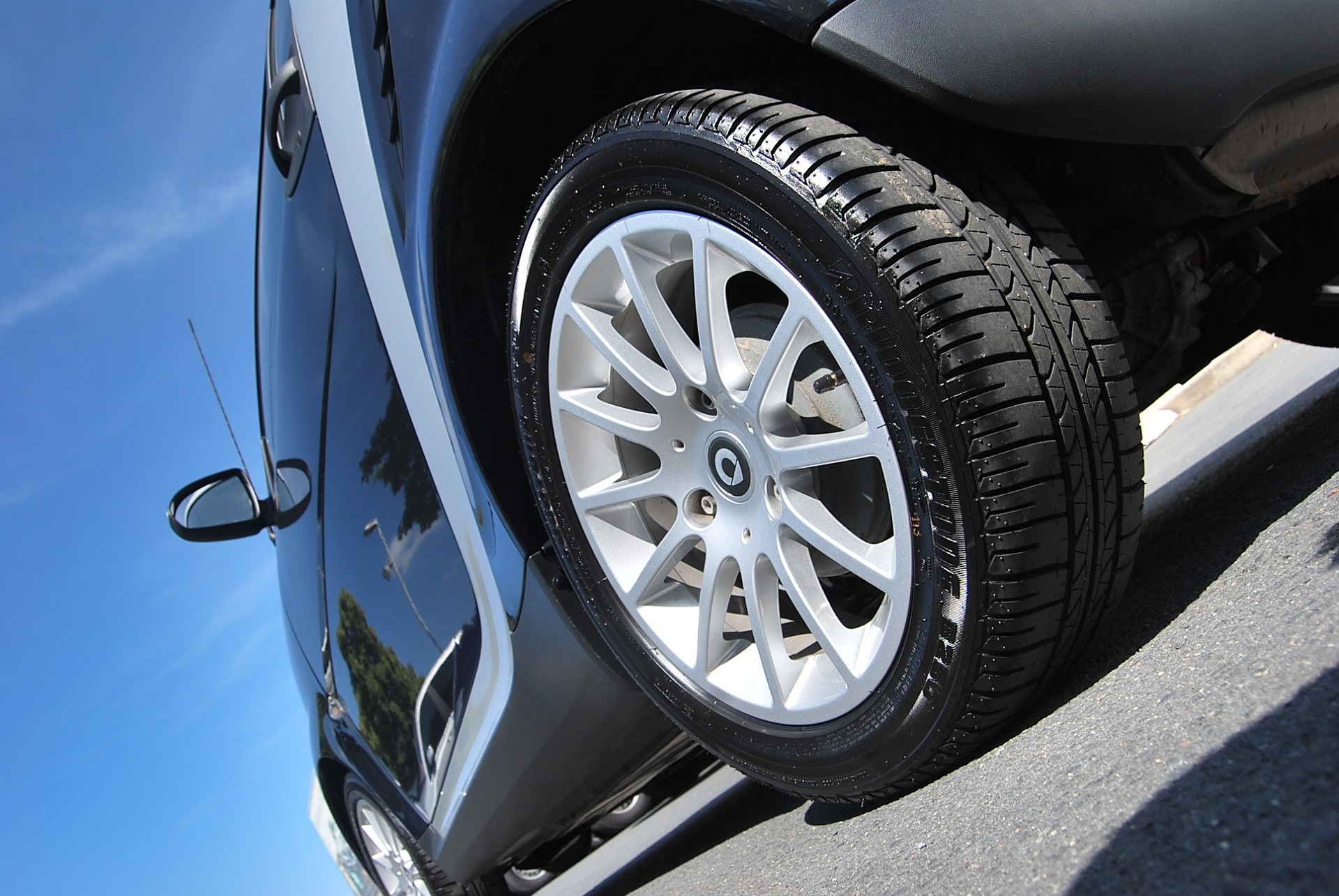Driving safely in Nashville’s hot summer requires attention to your tires. But how do you ensure they are up to the task? Stillman & Friedland, experts in car and truck accident representation, offer vital insights into how hot weather affects your tires.
Accidents are, sadly, inevitable. While our primary mission at Stillman & Friedland is to recover compensation for our clients’ car and truck injuries, we are equally passionate about promoting road safety. And in the scorching Nashville summer, tire safety becomes paramount.
Understanding Tire Safety in Hot Weather
While winter driving demands tires that can handle snow and ice, summer challenges your tires in different ways. The combination of sweltering heat, long drives, and high speeds can cause tires to fail, especially if they are not in optimal condition.
According to the National Highway Transportation Safety Administration (NHTSA), hot weather, when combined with under-inflated tires, can be disastrous. The intensity of summer heat, coupled with the friction from high-speed driving on hot roads, can exacerbate tire degradation. This leads to a heightened risk of tire failures like blowouts and tread separation.
Such tire failures are not mere inconveniences; they can cause serious accidents. In fact, an estimated 11,000 crashes annually are attributed to tire failure. As Nashville drivers, the remnants of tire blowouts — often referred to as “tire gators” — serve as stark reminders of these potential hazards.
For a deeper understanding, Popular Mechanics points out that tire blowouts are more frequent from May to October. The hotter temperatures combined with vehicles often carrying heavier loads (think family vacations or weekend getaways) can push a tire past its limits.
Tire Safety Tips for Nashville Summers
Before heading out on Nashville roads, especially for longer trips:
- Check Tire Tread: Use the penny check to gauge wear. If you can view the top of Lincoln’s head on the coin, your tires might be excessively worn.

- Monitor Tire Pressure: Regularly assess your tire pressure, especially when refueling. Tires with low pressure not only wear out faster and consume more fuel but also pose a risk of failure, especially when the vehicle is heavily loaded on a warm day.
Conclusion
Though gas prices might be favorable, tempting more of us to hit the road, it’s vital to prioritize safety. Ensure your tires are summer-ready before you embark on any journey. Remember, a safe journey ensures the best memories. We hope that this guide on how hot weather affects your tires has been helpful!
Wishing all Nashville drivers a safe, enjoyable summer from Stillman & Friedland.
Because we care…







